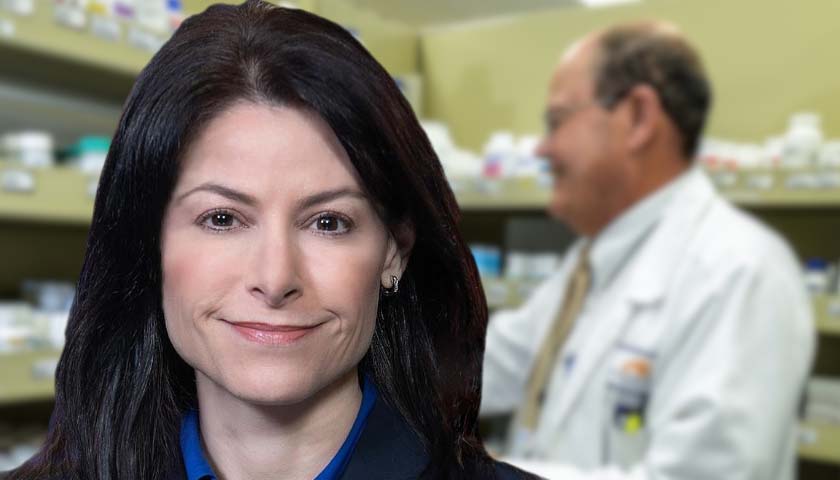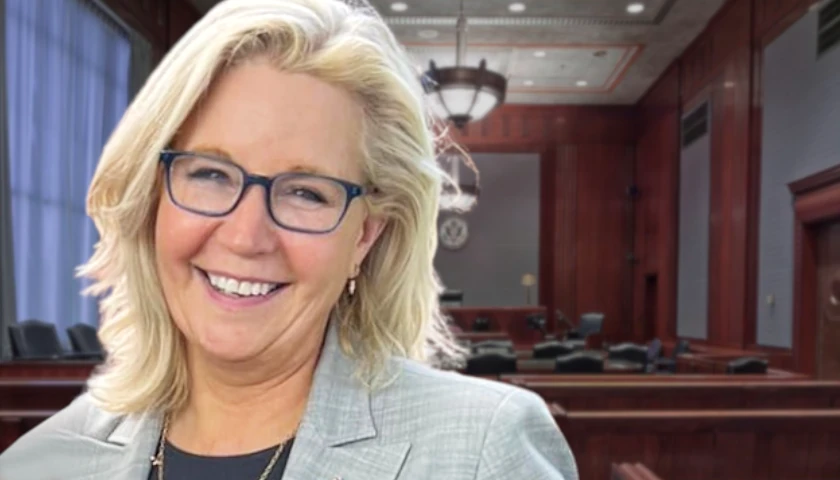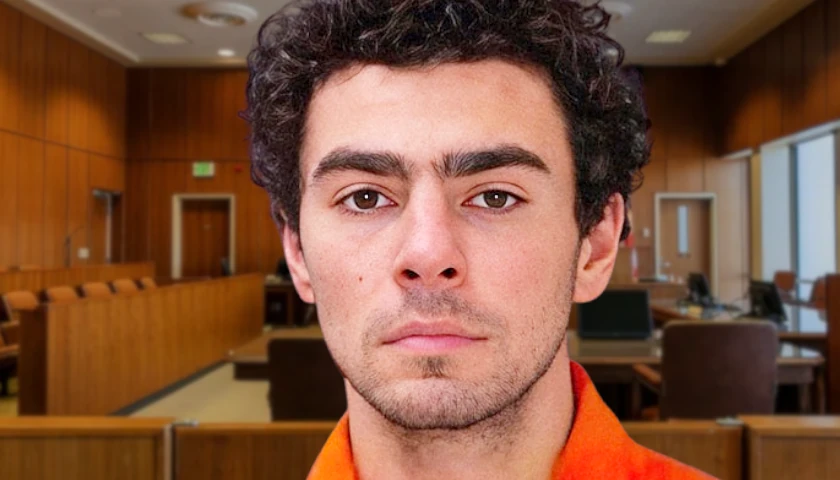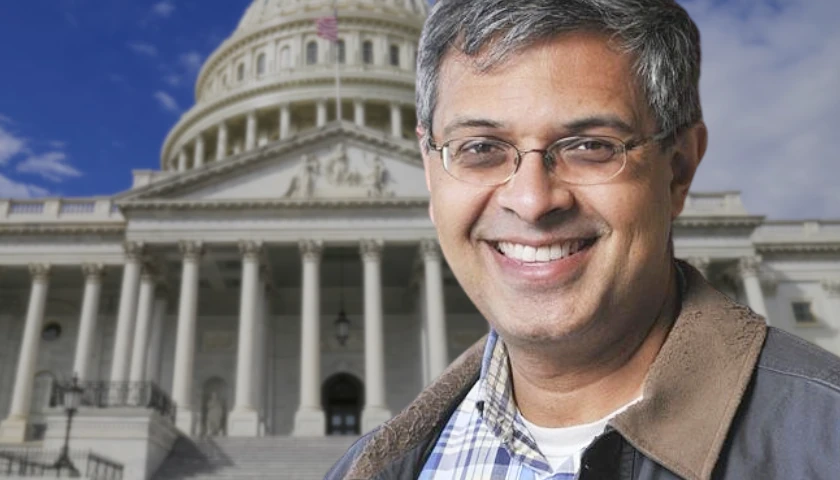by Scott McClallen
Michigan could receive up to nearly $800 million from a proposed multibillion-dollar national opioid settlement with Johnson & Johnson and the three largest pharmaceutical distributors in the country: Cardinal Health, McKesson, and AmerisourceBergen.
Michigan Attorney General Dana Nessel officially signed the agreement announced last month for the companies role in the opioid epidemic.
Depending on the metrics and local government participation, Michigan could receive up to nearly $800 million over the life of the settlement, with spending prioritized for treatment and prevention.
Only the 1998 national tobacco settlement has involved more dollars than this proposed settlement.
Next, the defendants will evaluate the extent of state sign-on and have 14 days to determine if they wish to continue. If the defendants decide enough states have signed on, the process moves to the local government sign-on period, which is 120 days. Following that, the defendants will determine if enough local governments have signed on to move forward.
“Holding these companies accountable for their role in fueling the opioid epidemic has remained one of my biggest commitments as Attorney General,” Nessel said in a statement. “Our official sign-on is an important step in the progression of this historic settlement. This funding would support ongoing prevention and treatment efforts across the state, and I have long argued that much-needed financial support should be coming from those who created this crisis – not the communities suffering through it.”
Funding Overview:
- The three distributors collectively will pay up to $21 billion over 18 years
- Johnson & Johnson will pay up to $5 billion over nine years, with up to $3.7 billion paid during the first three years
- The total funding distributed will be determined by the degree of participation by litigating and non-litigating state and local governments
- The majority of the money is to be spent on opioid treatment and prevention
- A formula accounting for the state’s population and the impact – the number of overdose deaths, the number of residents with substance use disorder, and the number of opioids prescribed – will determine state funding
Injunctive Relief Overview:
Requires Cardinal, McKesson, and AmerisourceBergen to:
- Establish a centralized independent clearinghouse to provide all three distributors and state regulators with analytics of drug distribution
- Use data-driven systems to detect suspicious opioid orders from customer pharmacies
- Terminate customer pharmacies’ ability to receive shipments, and report those companies to state regulators when they show certain diversion signs.
- Prohibit shipping of and report suspicious opioid orders
- Prohibit sales staff from influencing decisions related to identifying suspicious opioid orders
- Require senior corporate officials to engage in regular oversight of anti-diversion efforts
Requires Johnson & Johnson to:
- Stop selling opioids
- Not fund or provide grants to third parties for promoting opioids.
- Not lobby on opioid-related activities
- Share clinical trial data under the Yale University Open Data Access Project
– – –
Photo “Dana Nessel” by Michigan Department of Attorney General. Background Photo “Pharmacy – San Mateo Medical Center” by County of San Mateo. CC BY-SA-NC 2.0.





